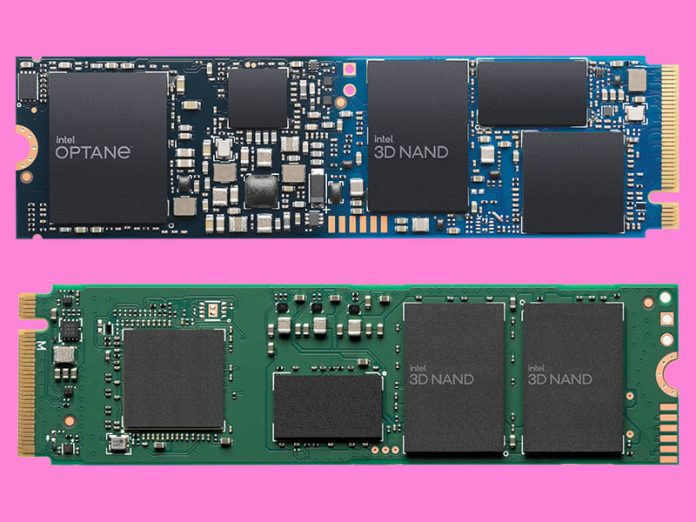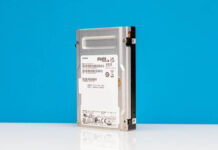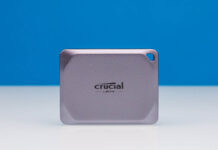Intel has two new client SSDs that it will be launching in the first half of 2021. On the pure SSD side, there is a new Intel SSD 670p that brings the newest generation of QLC NAND as a 660p/ 665p replacement. We also get a new Optane Memory H20 SSD that combines Optane and QLC NAND as an update to the H10.
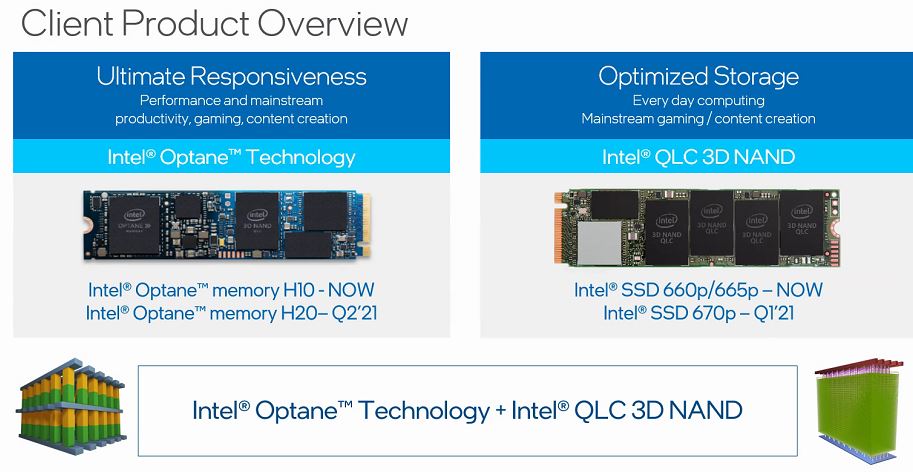
Although these are updates to current drives, the announcement was nowhere near as aggressive as Intel’s data center announcements around Optane and NAND SSDs. We are going to discuss why.
Intel Optane Memory H20 SSD
The Intel Optane Memory H20 is always one of the more interesting products that we see at STH. Effectively Intel combines a capacity NAND SSD with an Optane drive on a single M.2 PCB.
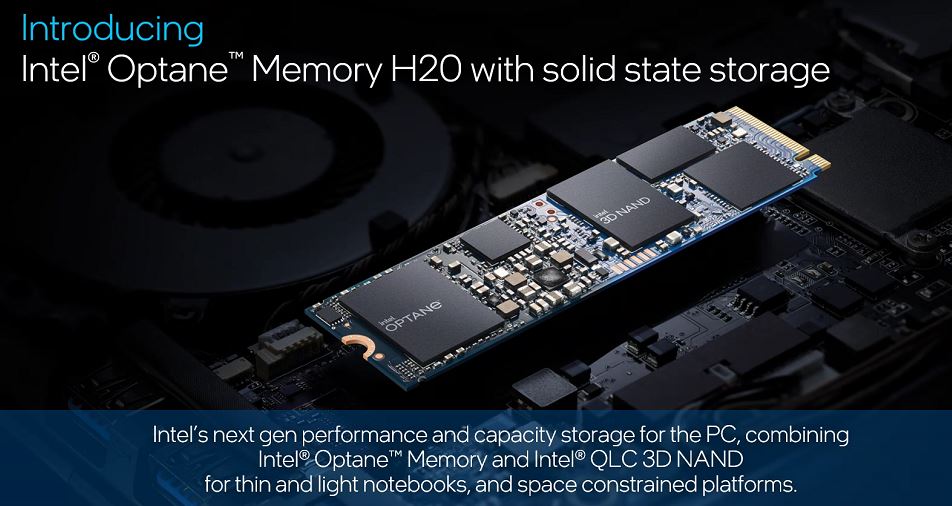
Like the H10, the Intel Optane Memory H20 effectively has an Intel Optane portion that can be used as a cache to increase system performance. It also has a QLC 3D NAND SSD onboard that is used as a primary storage device. The reason for a single device instead of two higher-performing devices is to shrink the form factor for lower-end PCs.
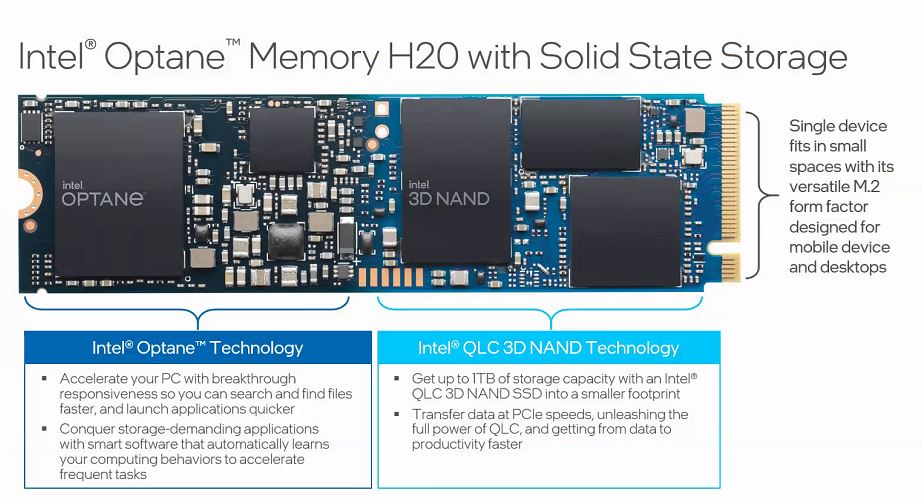
There are two main options. Both have 32GB of Intel Optane. On the NAND portion there are 0.5TB and 1TB options. This is still first-gen Optane but with a new controller.
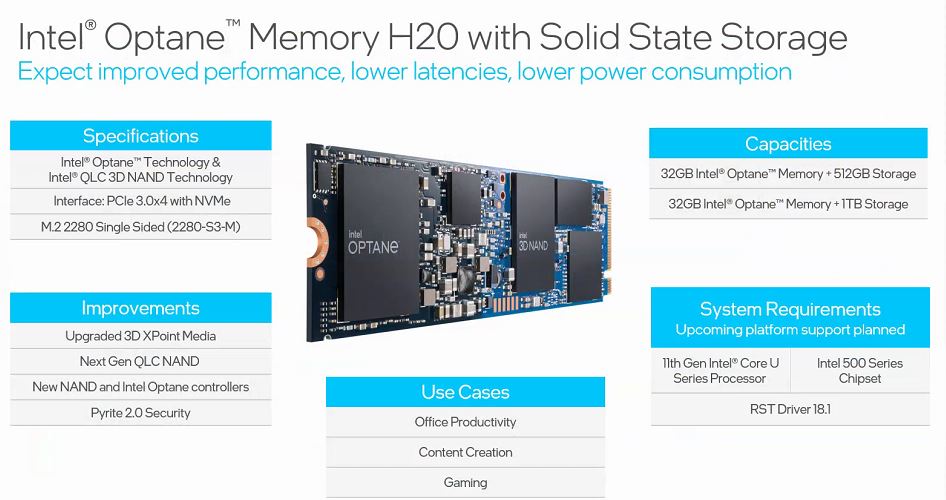
Since Intel needs to fit both drives onto the PCB, we do not get the same capacity as we do with the new 670p series we will look at next.
Intel 670P QLC SSD
While we will see the new Intel 144-layer QLC 3D NAND in the PCIe Gen4 NVMe SSDs for the data center, we are getting a 512GB-2TB M.2 SSD for client PCs from intel in the 670P.
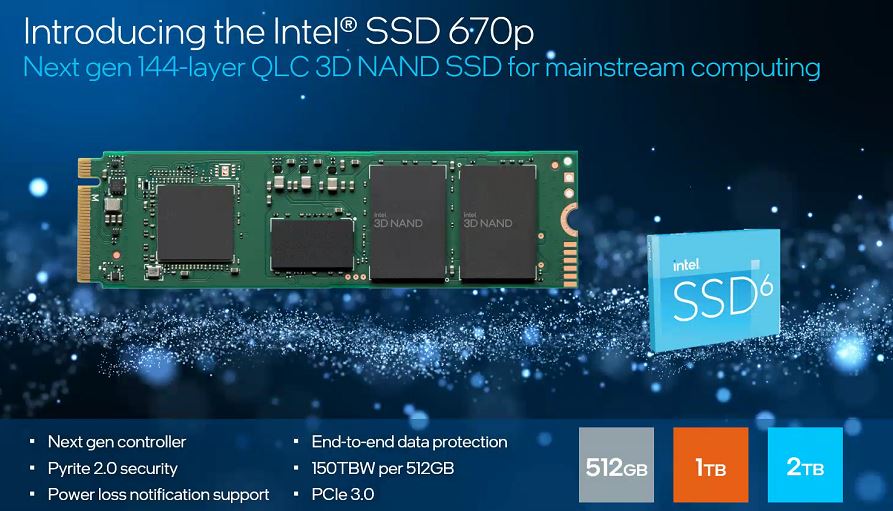
Aside from the denser NAND which may make for less expensive SSDs, we get an improved SLC caching feature on the drive.
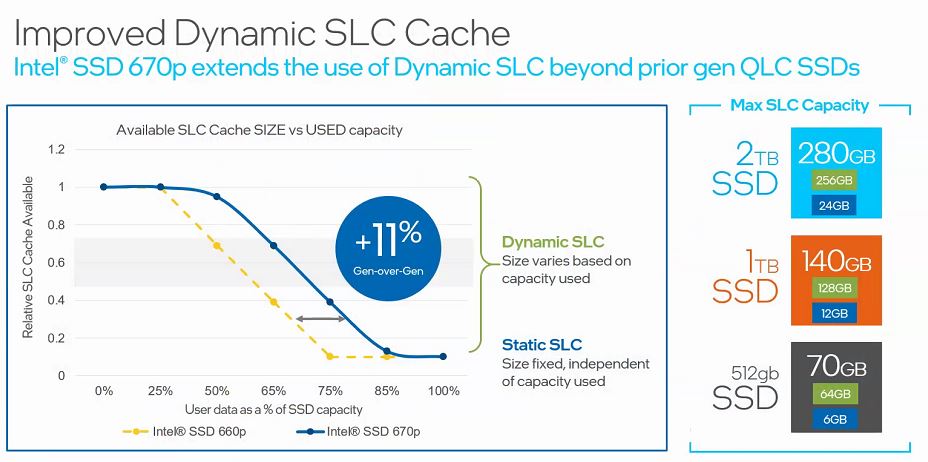
Intel says this is good for up to a 11% improvement. This is important since SLC caches help QLC SSDs maintain acceptable performance when used in client workloads.
Final Words
This year, STH expanded coverage to become a leading reviewer of the B2B corporate ~1L desktop PCs that these types of SSDs can be used in as part of our Project TinyMiniMicro series. Hopefully these drives will up the general performance we see in drives that come in client PCs in that segment.
Still, something we would have liked to have seen is a PCIe Gen4 drive from Intel. At some point, the company needs to start pushing other parts of the IT ecosystem. Given the 2021 date for these drives, it may not be next year for this segment.

